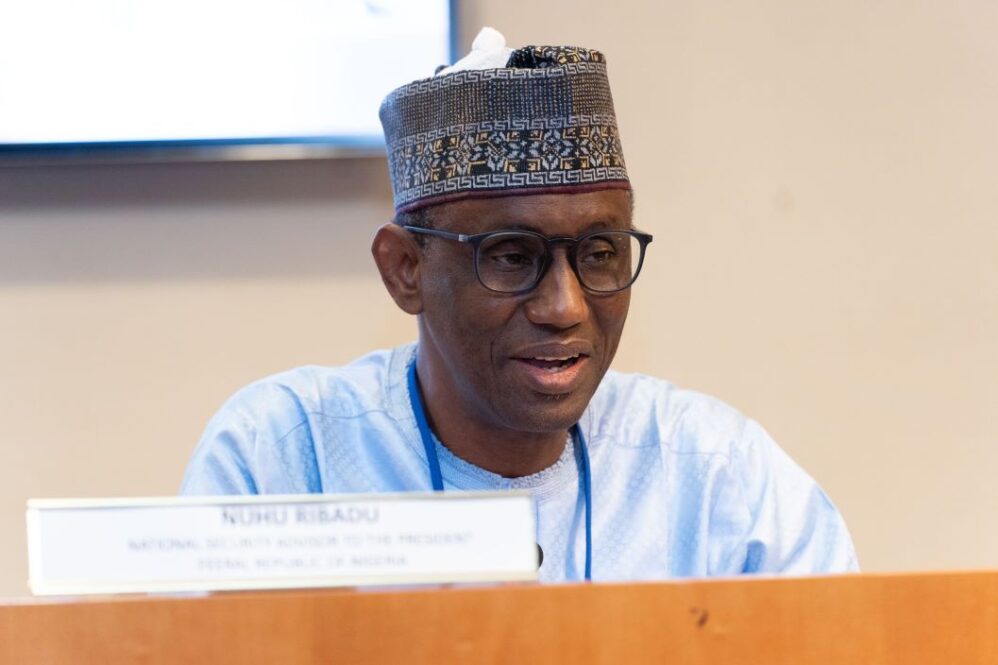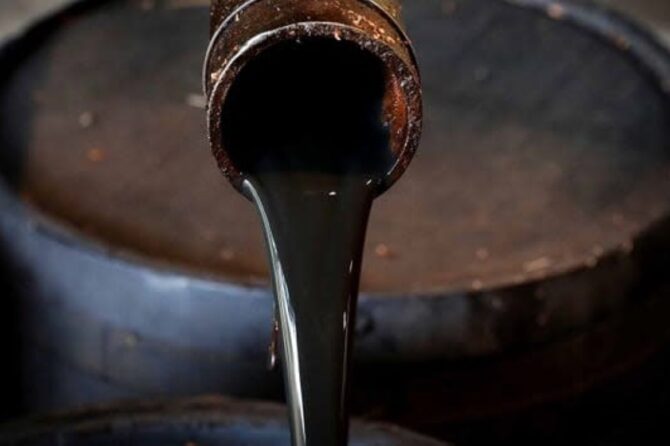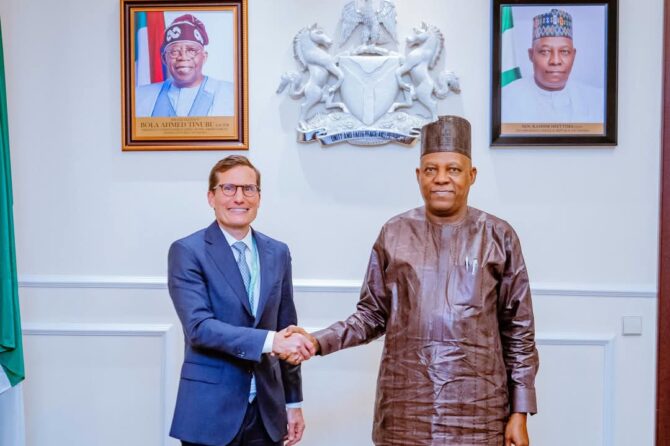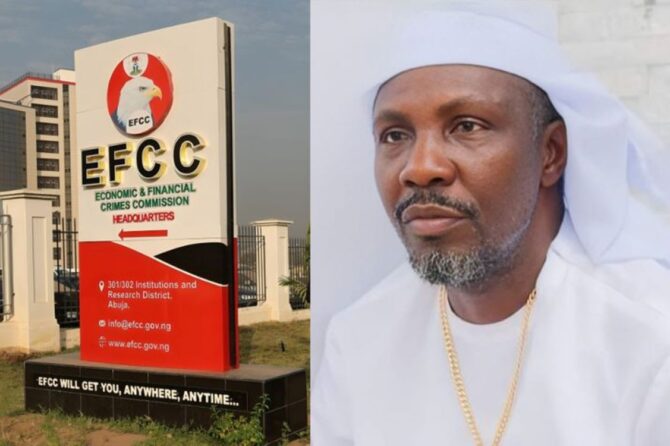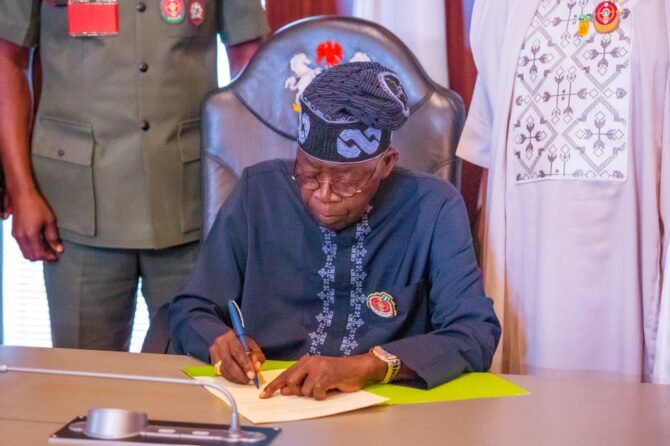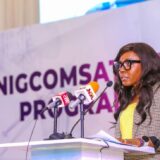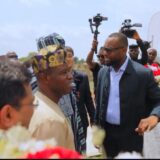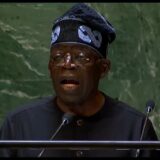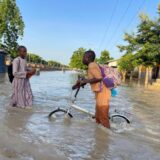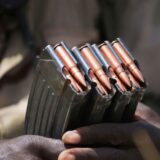Gunmen Slaughter 52 in Plateau State, Prompting National Security Adviser’s Vow to End Violence
A wave of terror crashed over Plateau State’s Bokkos Local Government Area in early April 2025, as gunmen unleashed a slaughter that claimed 52 lives, razed over 300 homes, and displaced nearly 2,000 people. The attacks, spanning April 2 to April 4, targeted six villages—Ruwi, Mangor Tamiso, Daffo, Manguna, Hurti, and Tadai—leaving behind a trail of blood, ash, and anguish. On April 6, National Security Adviser (NSA) Mallam Nuhu Ribadu stormed Jos with a vow to end the violence, but as survivors pick through the wreckage and Nigeria grapples with yet another security crisis, the question looms: can promises stop the killing?
Night of Terror: Villages Turned to Graveyards
The nightmare erupted on April 2, when armed assailants—some on motorcycles—swept through Bokkos like a plague. In Hurti village, 36 perished, including five children burned alive, their tiny bodies later found amid the charred ruins. Ruwi mourned 11, Manguna 4, and Daffo 1, while Tadai and Mangor Tamiso added to the grim tally. “It was sudden, like thunder,” sobbed Tariza Jakob, a Hurti survivor, to Daily Trust. “Gunshots everywhere, flames swallowing our homes—we ran, but death was faster.” By April 4, the National Emergency Management Agency (NEMA) confirmed 52 dead, 22 injured, and 1,820 displaced, now crammed into three camps. A Red Cross official told AFP the toll “surpassed 40, mostly women and children,” underscoring the carnage’s brutality.
Roots of Rage: A Conflict Without End?
Plateau’s Middle Belt has simmered for decades, a volatile mix of Muslim Fulani herders and Christian farmers feuding over land strained by climate shifts and population growth. Yet this assault baffled locals. Farmasum Fuddang, chair of the Bokkos Cultural Development Council, called it “unprovoked”—no cattle rustling or farm disputes preceded the chaos, unlike past flare-ups. Was it militia vengeance, political sabotage, or pure criminality? President Bola Tinubu ordered a manhunt, with troops recovering a pistol and motorcycles, per Punch. Still, the attackers’ motives remain a dark riddle, deepening the region’s wounds. Governor Caleb Mutfwang, speaking to ARISEtv, labeled it “genocide,” insisting, “These were innocent people, not pawns in some game.”
Ribadu’s Battle Cry: Vows vs. Reality
On April 6, NSA Ribadu arrived at Operation Safe Haven’s Jos headquarters, his voice steel as he declared, “Enough is enough,” per New Telegraph. Facing Major General Folusho Oyinlola and a weary security team, he promised “decisive action”—more troops, sharper intelligence, and community vigilance. “This won’t happen again,” he told journalists, citing a 90% drop in national violence since 2023 and nearly 2,000 terror prosecutions in 18 months. Yet, survivors like Michael Yuhana from Hurti, quoted by Daily Trust, aren’t holding their breath: “We’ve heard this before—where’s the peace?” X posts under #PlateauMassacre (180,000 mentions) mirror the skepticism, with users like @wearegst decrying government silence as “thousands suffer.”
Beyond the Ashes: A Nation’s Breaking Point
The slaughter’s shockwaves hit hard. The Arewa Consultative Forum demanded a security emergency, per Blueprint, while the Christian Association of Nigeria’s Rev. Joseph Hayab condemned the “evil culture” of bloodshed. Governor Mutfwang, addressing Plateau indigenes in Abuja, vowed prosecutions, not just arrests: “Their blood won’t be in vain,” he swore, per Naija News. Relief efforts lag—NEMA’s aid is still “being finalized”—leaving 1,820 displaced in dire need. Globally, it’s another stain on Nigeria’s security record, with AFP noting Plateau’s “religiously and ethnically mixed” tinderbox status. As Ribadu rallies forces and Tinubu pledges justice, Plateau’s people wait—grieving, displaced, and desperate for more than words.


